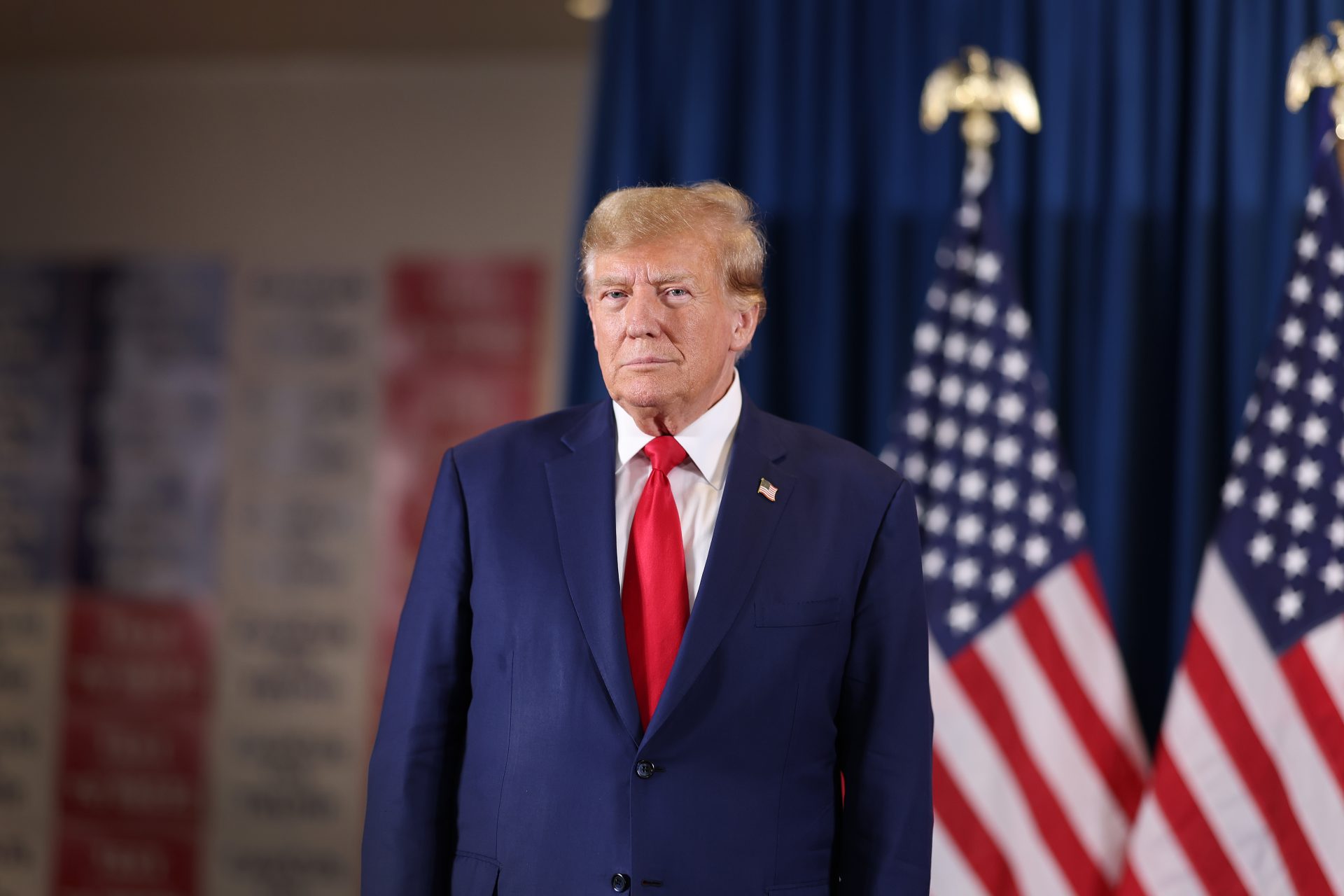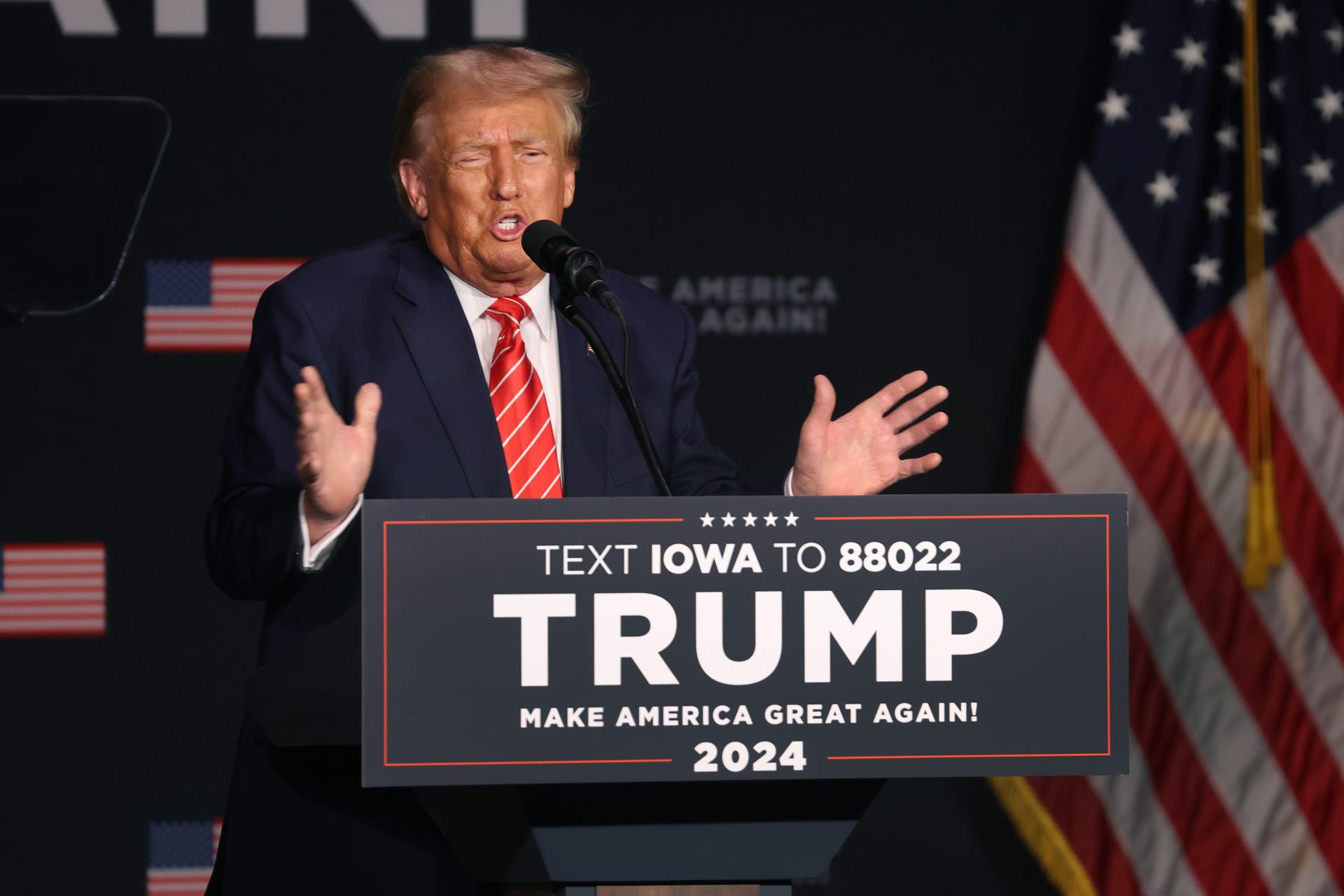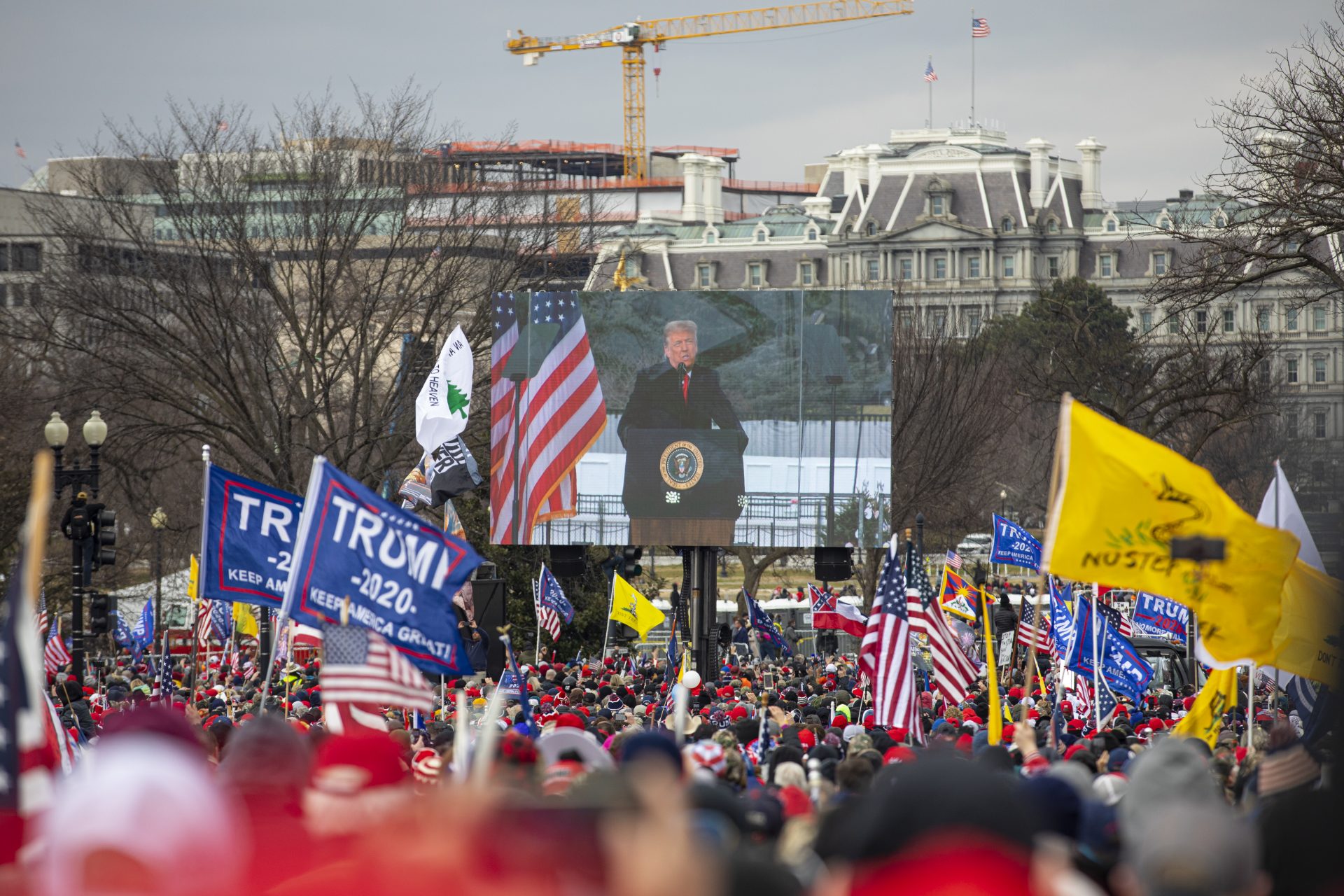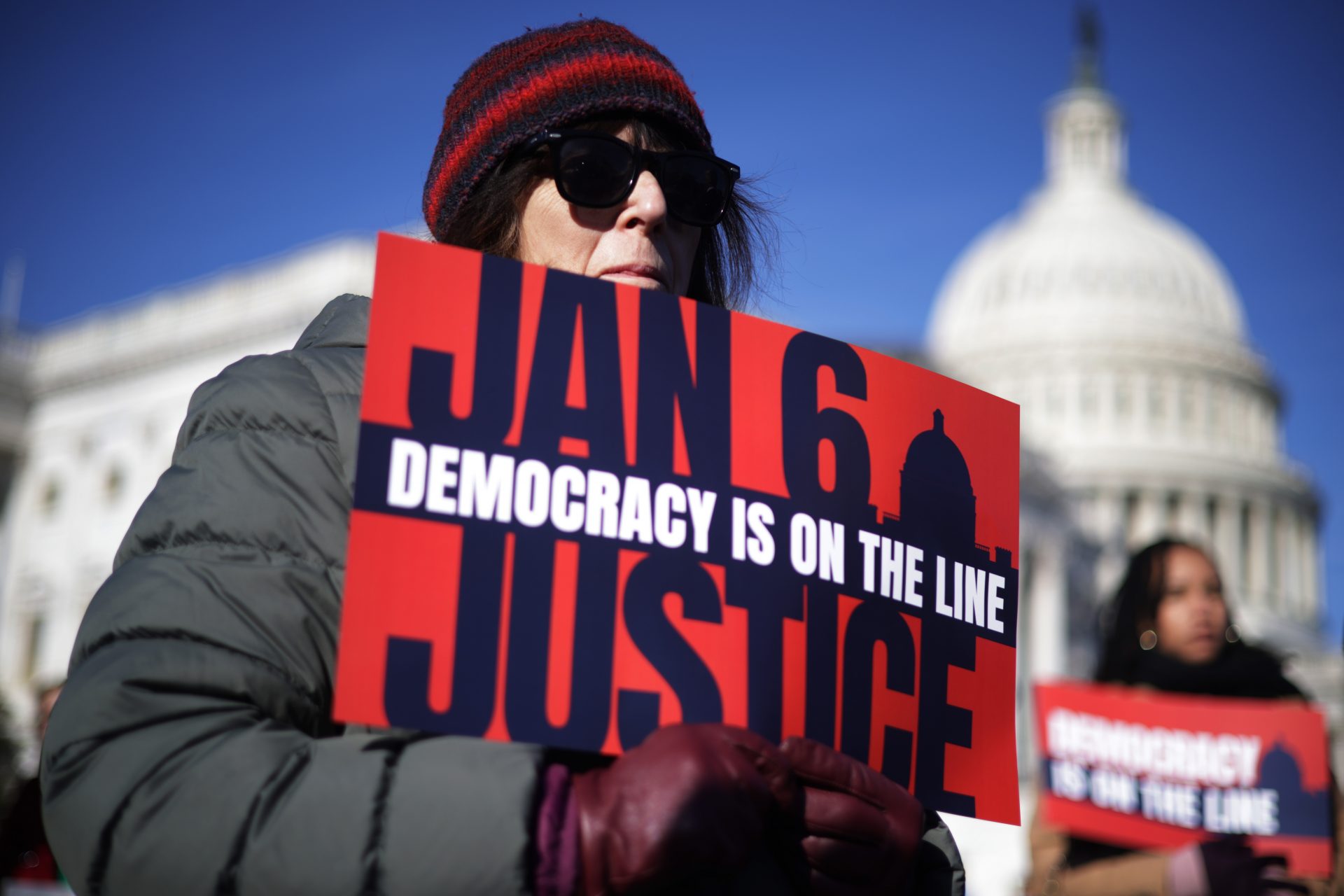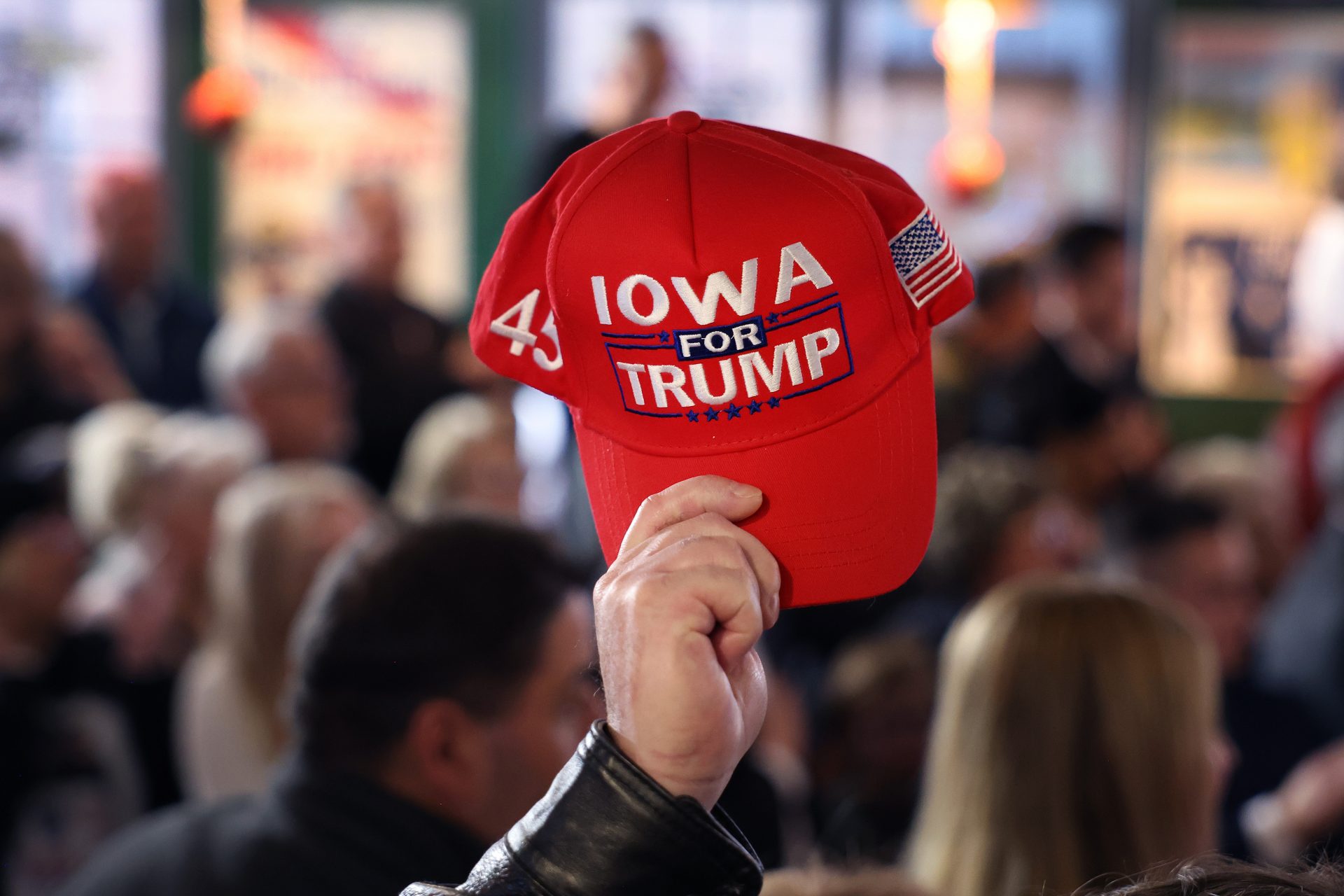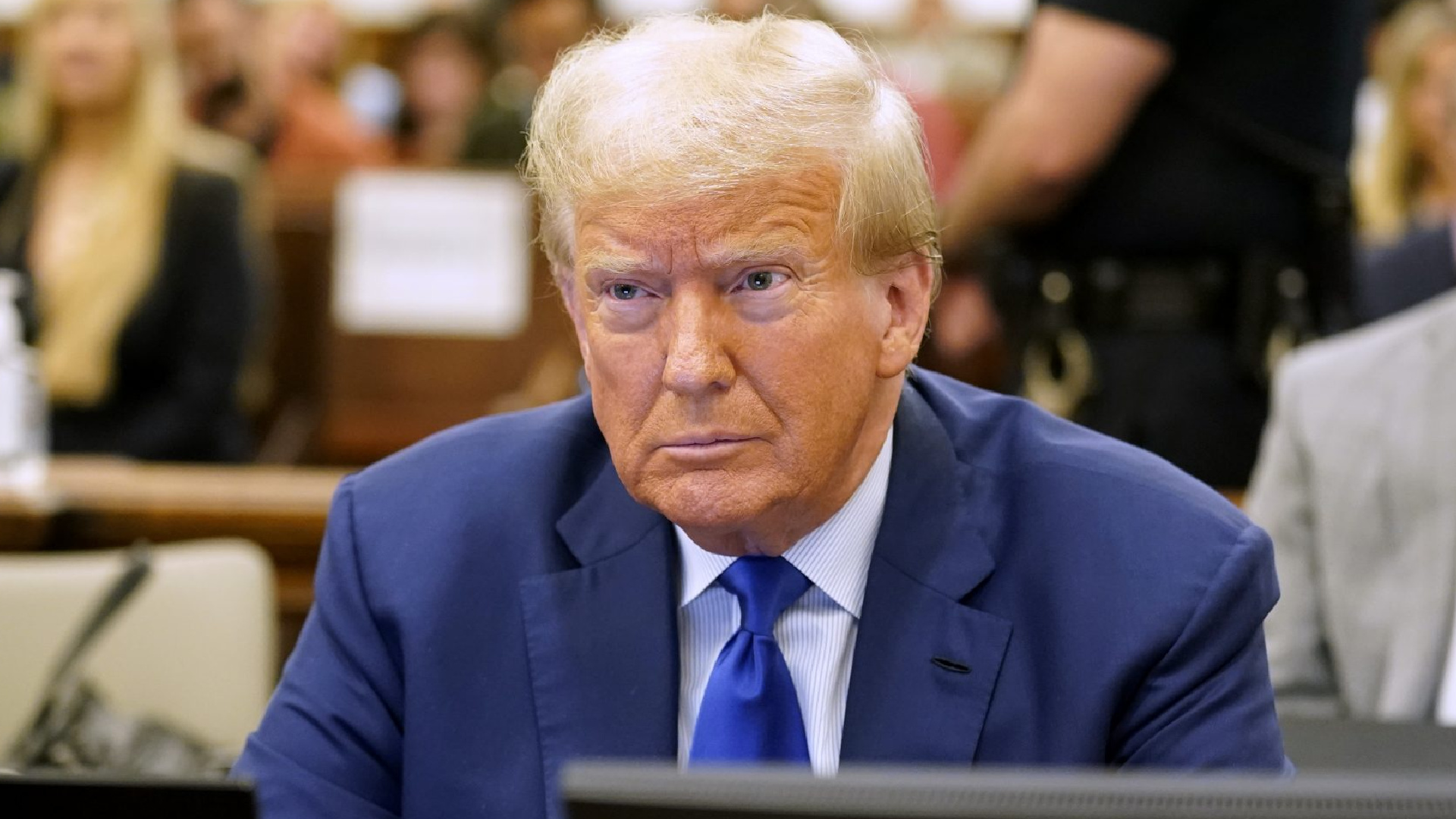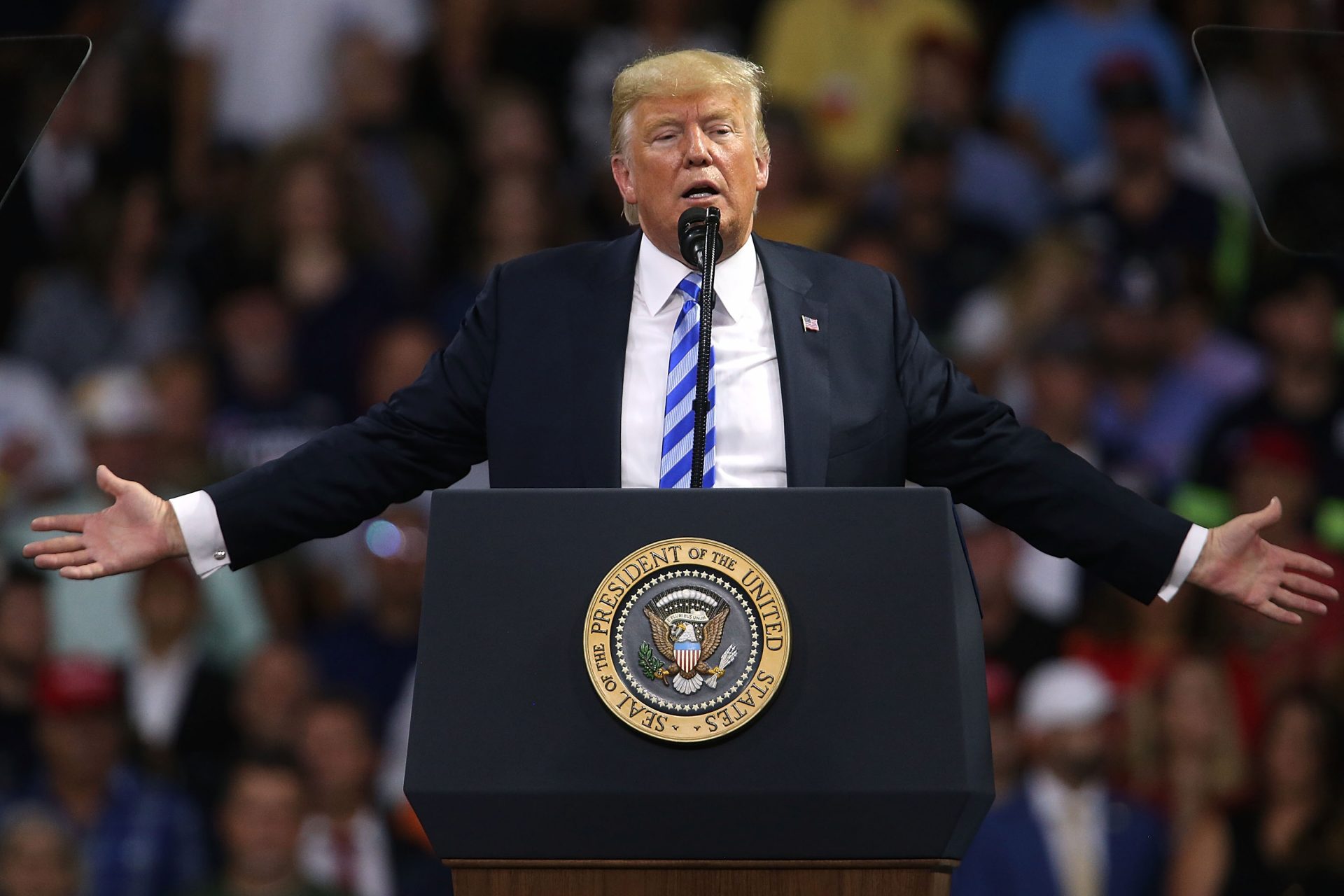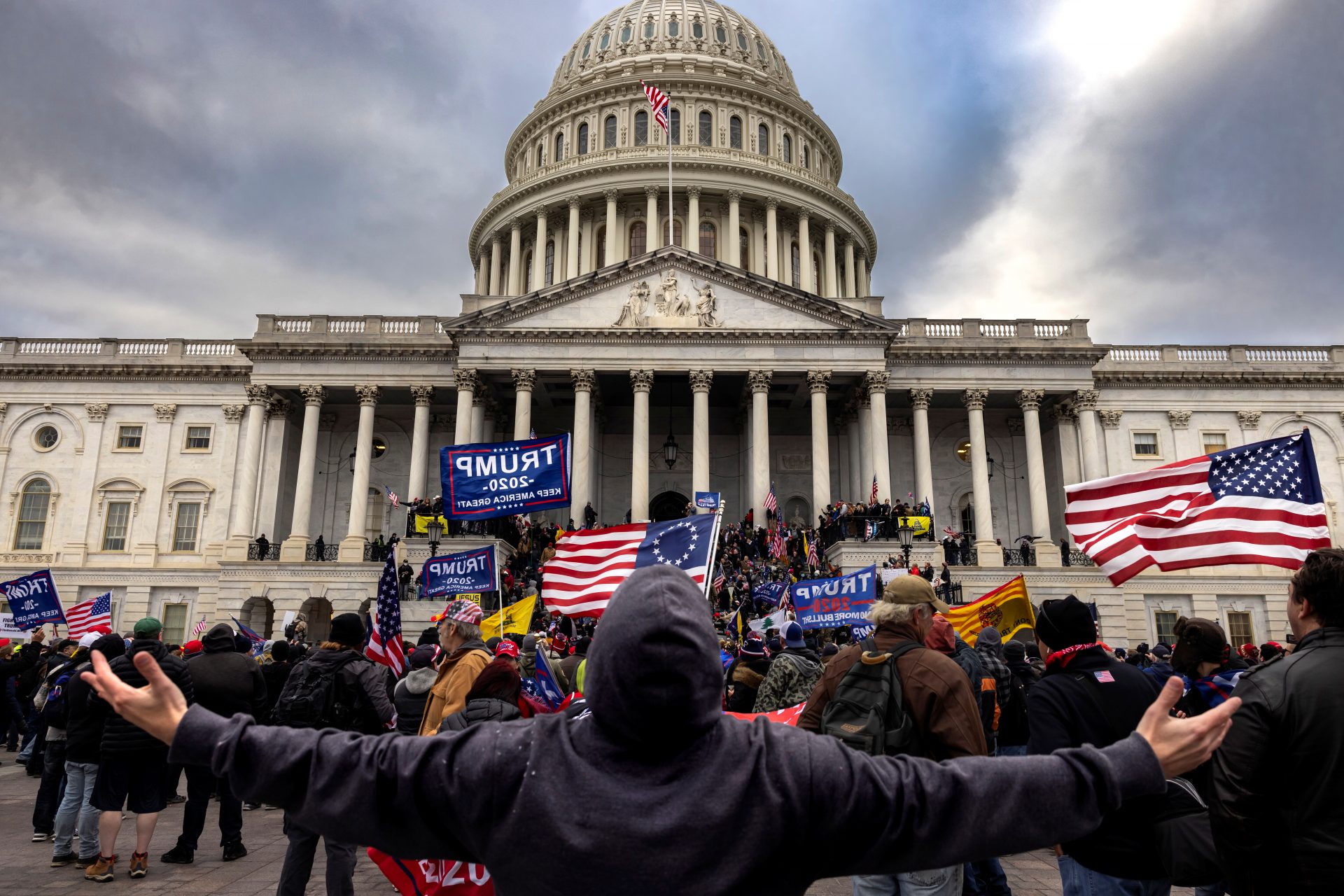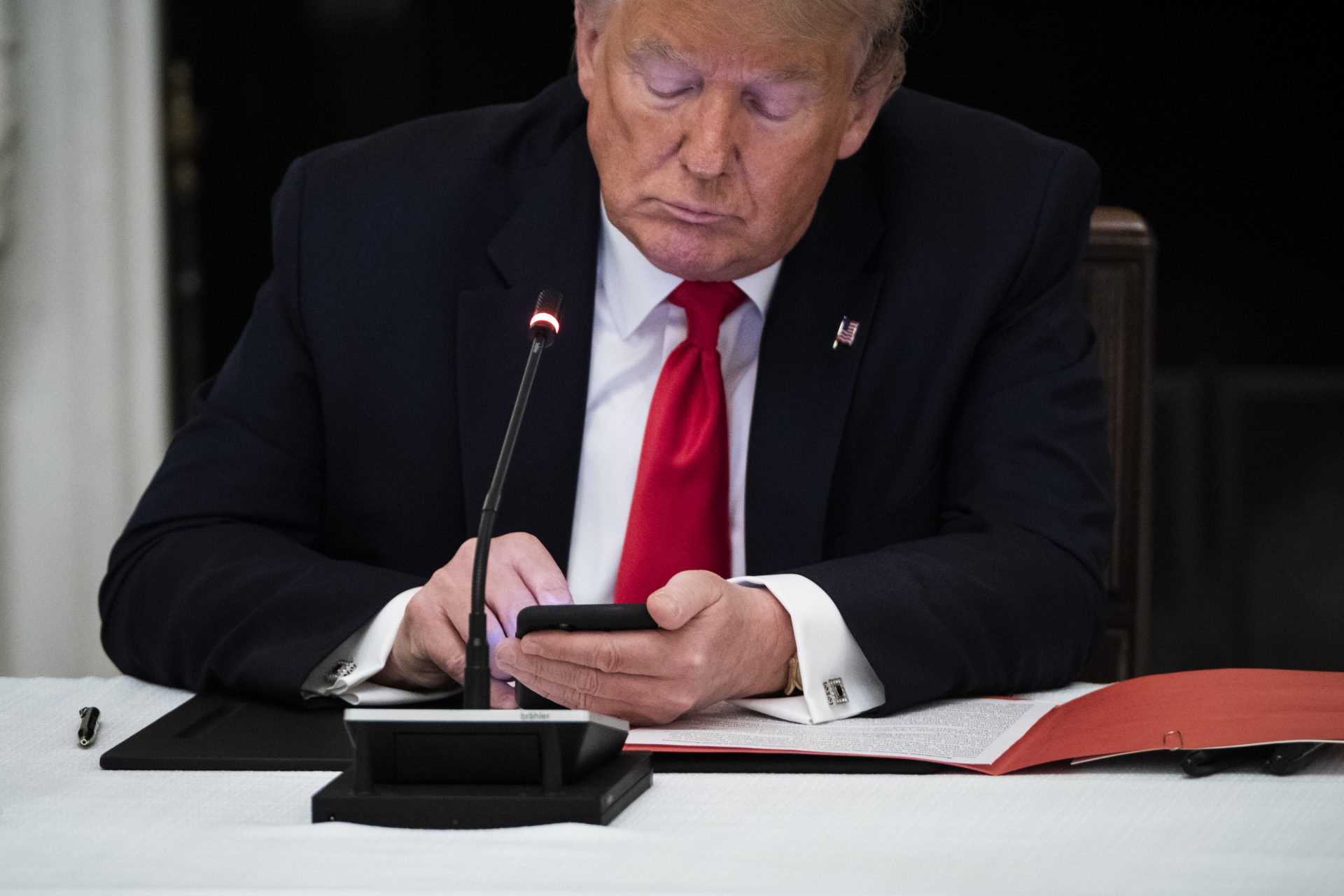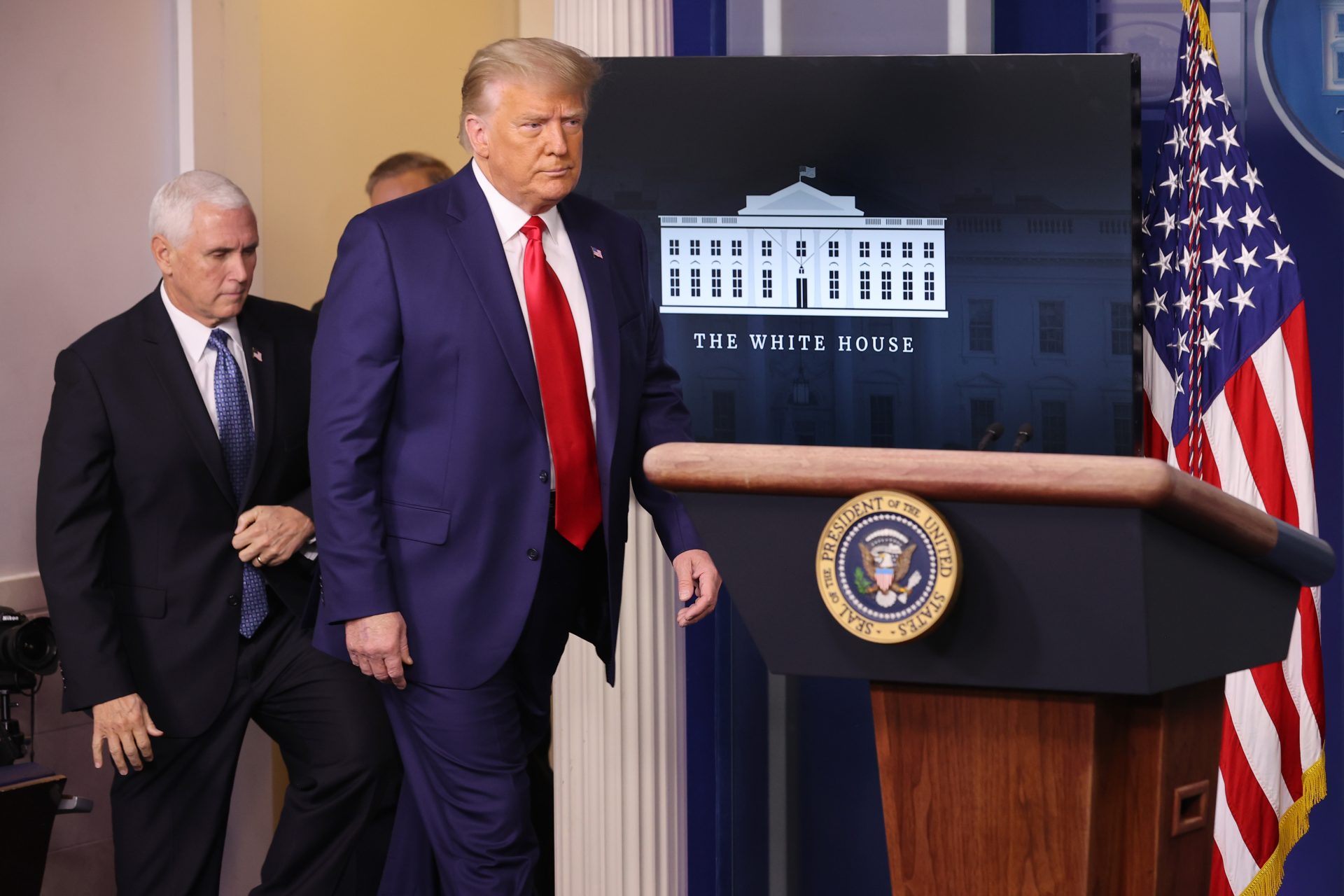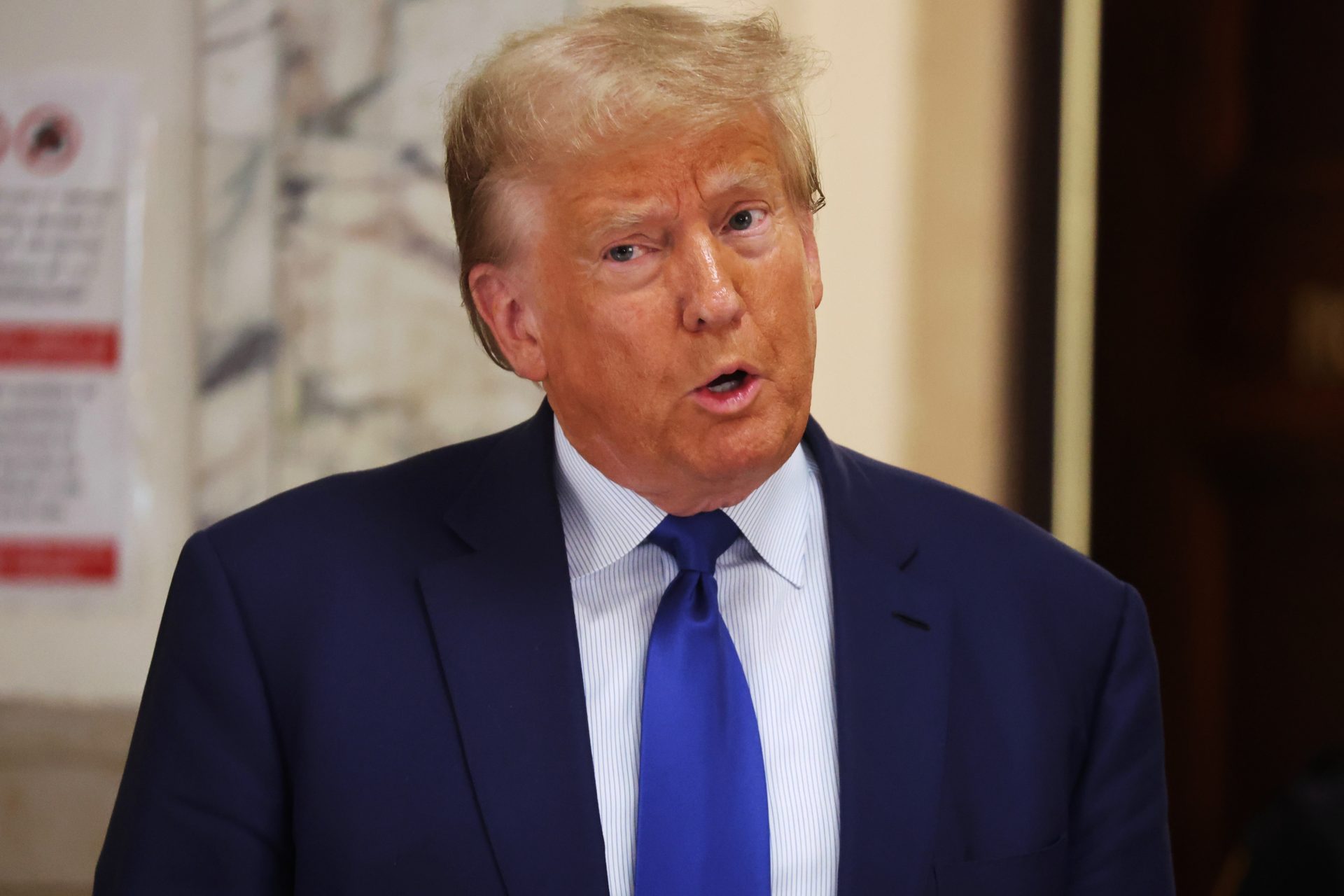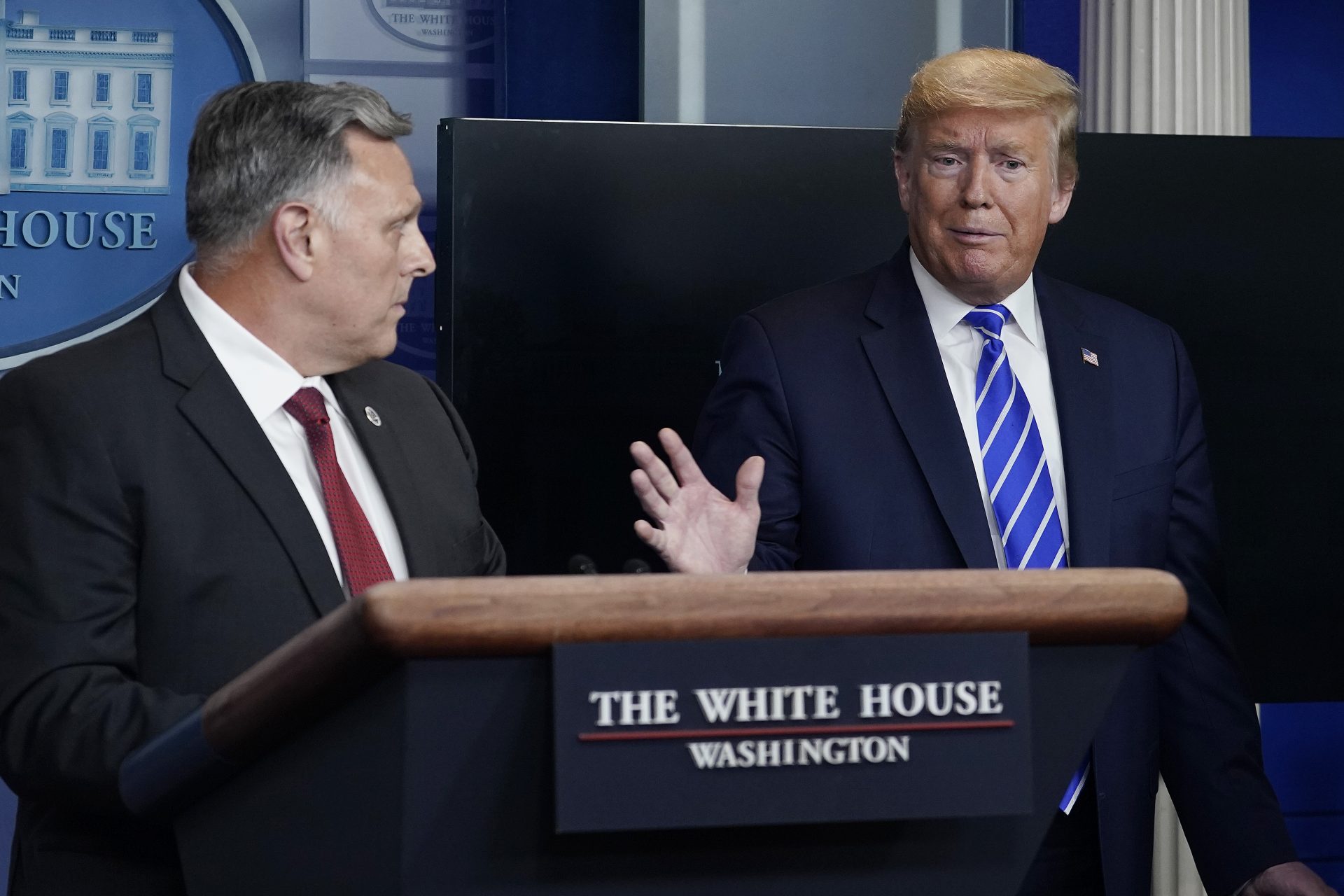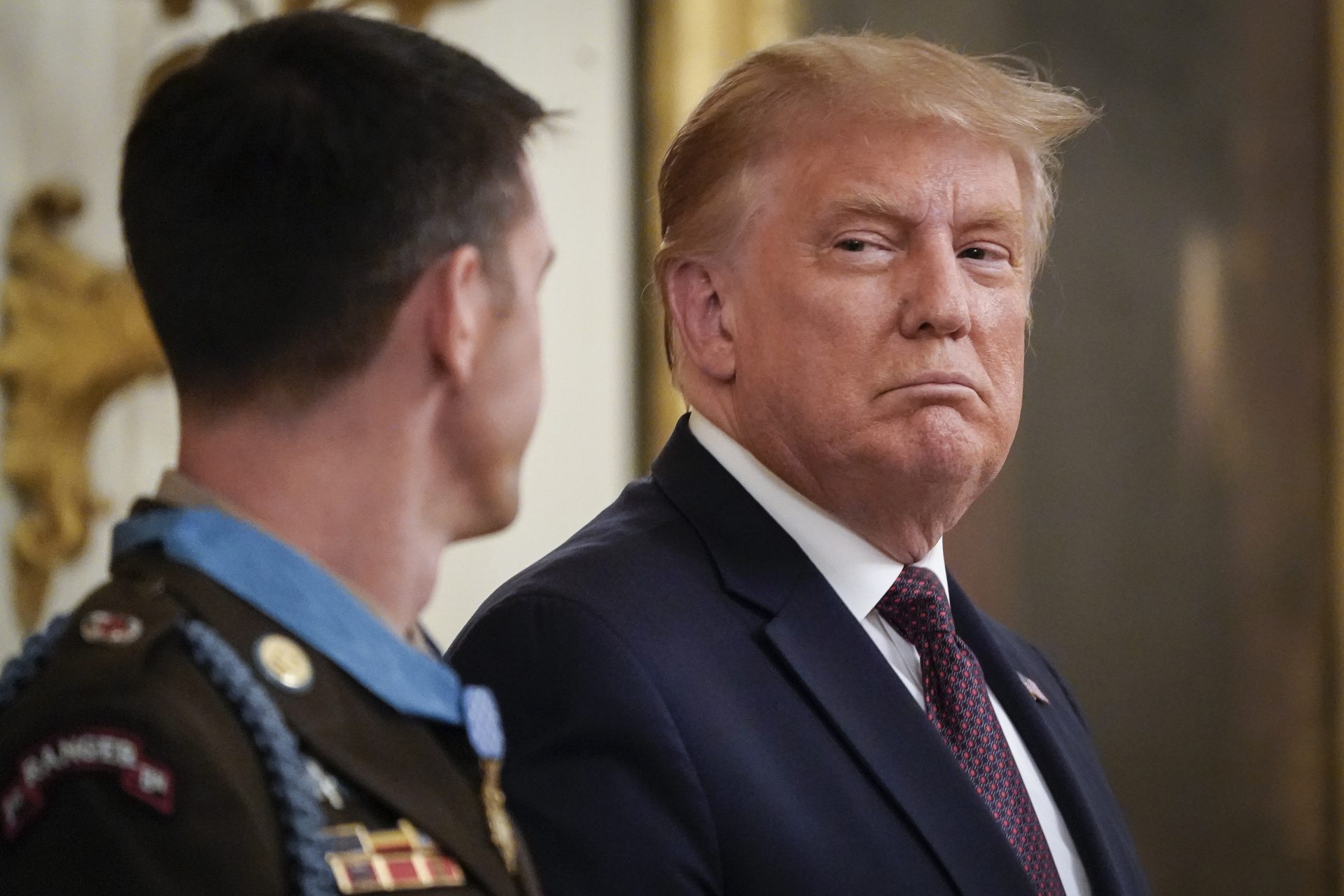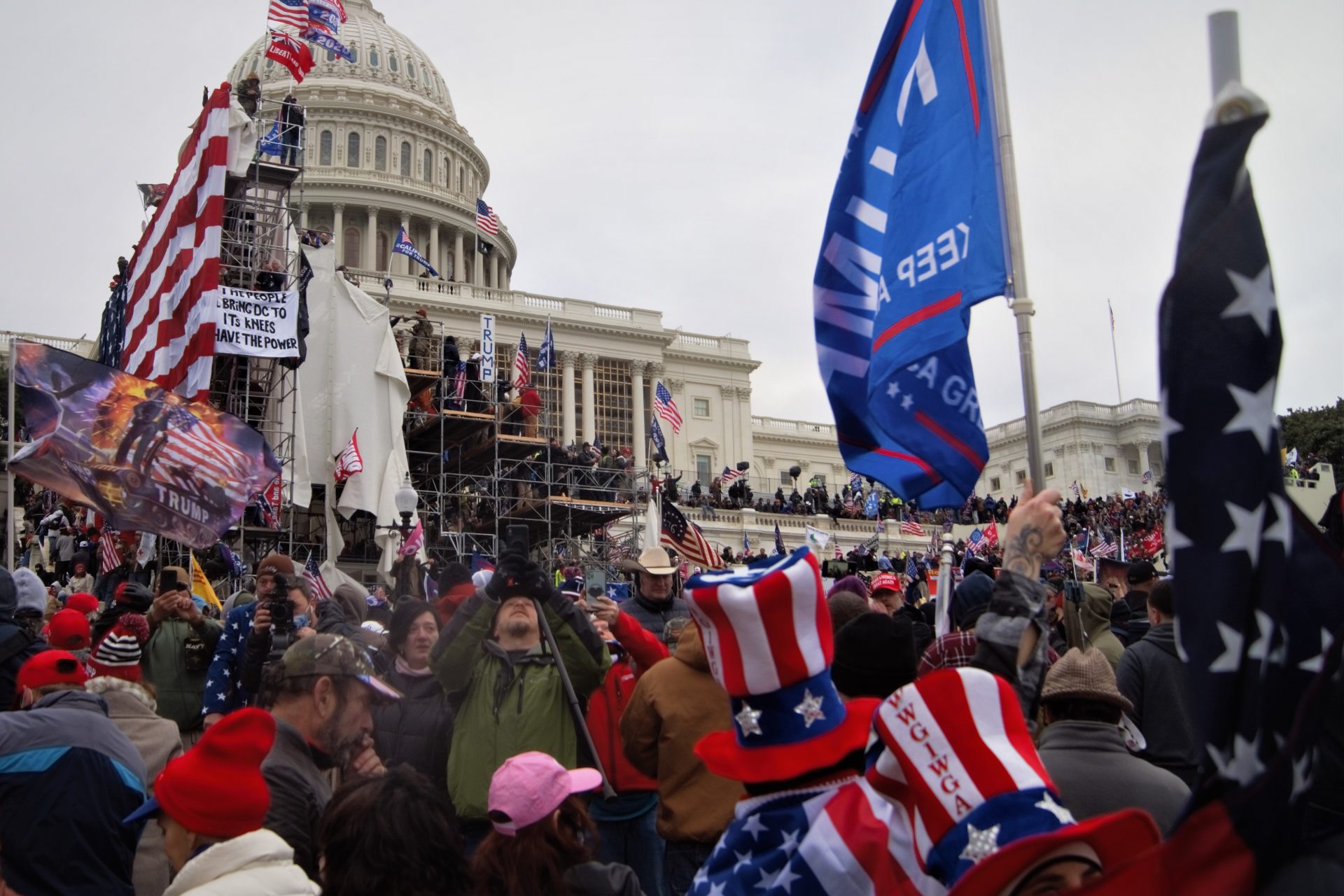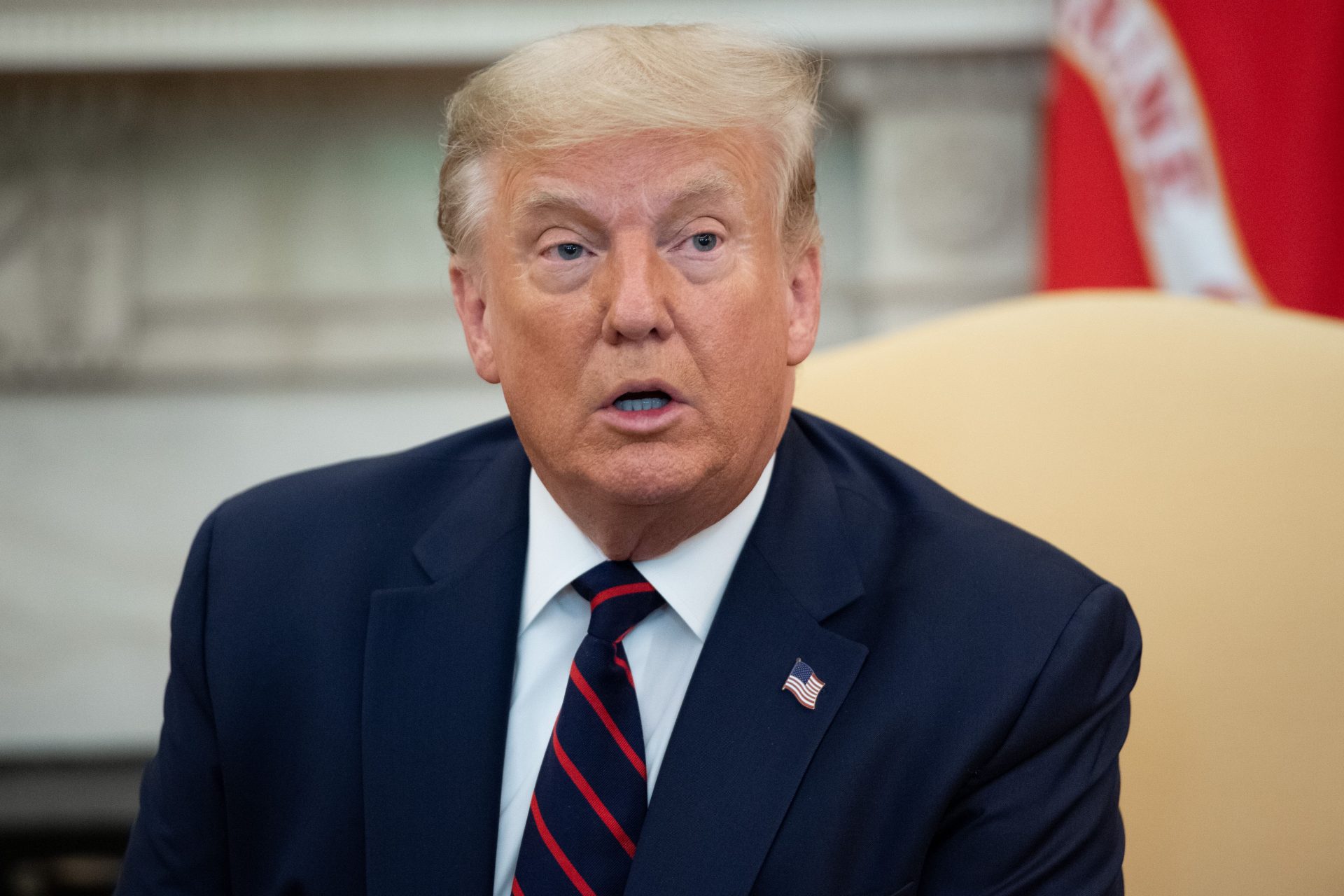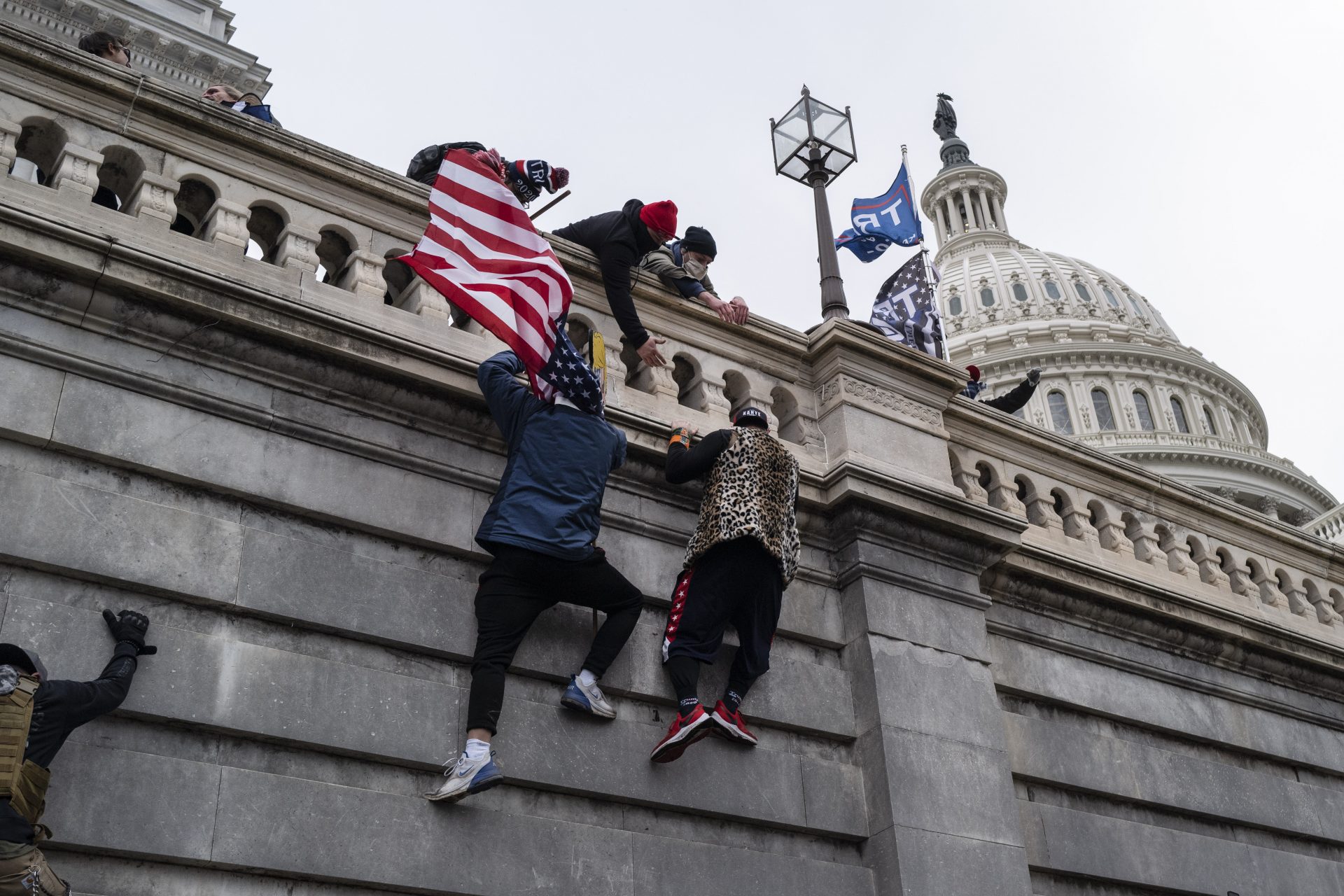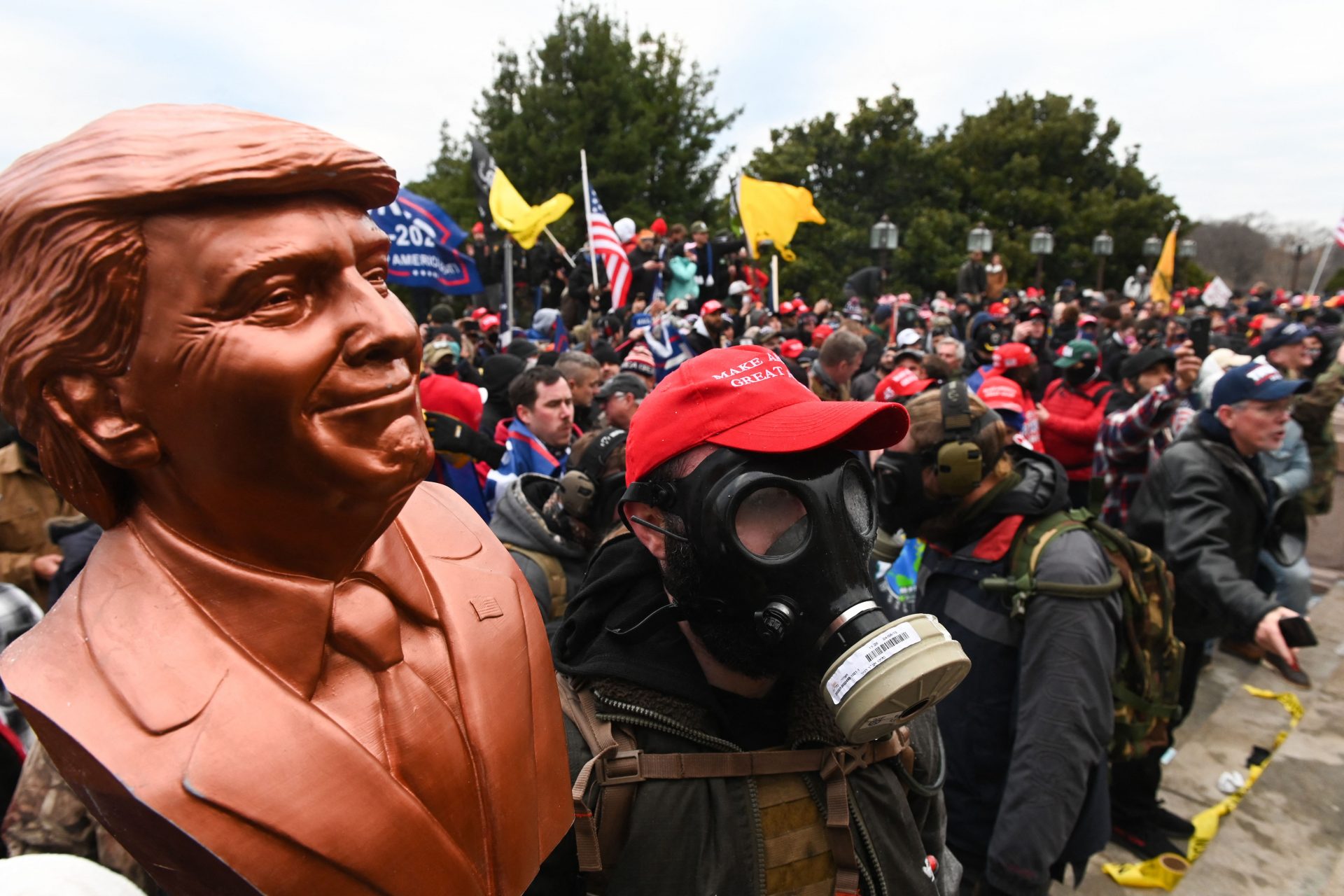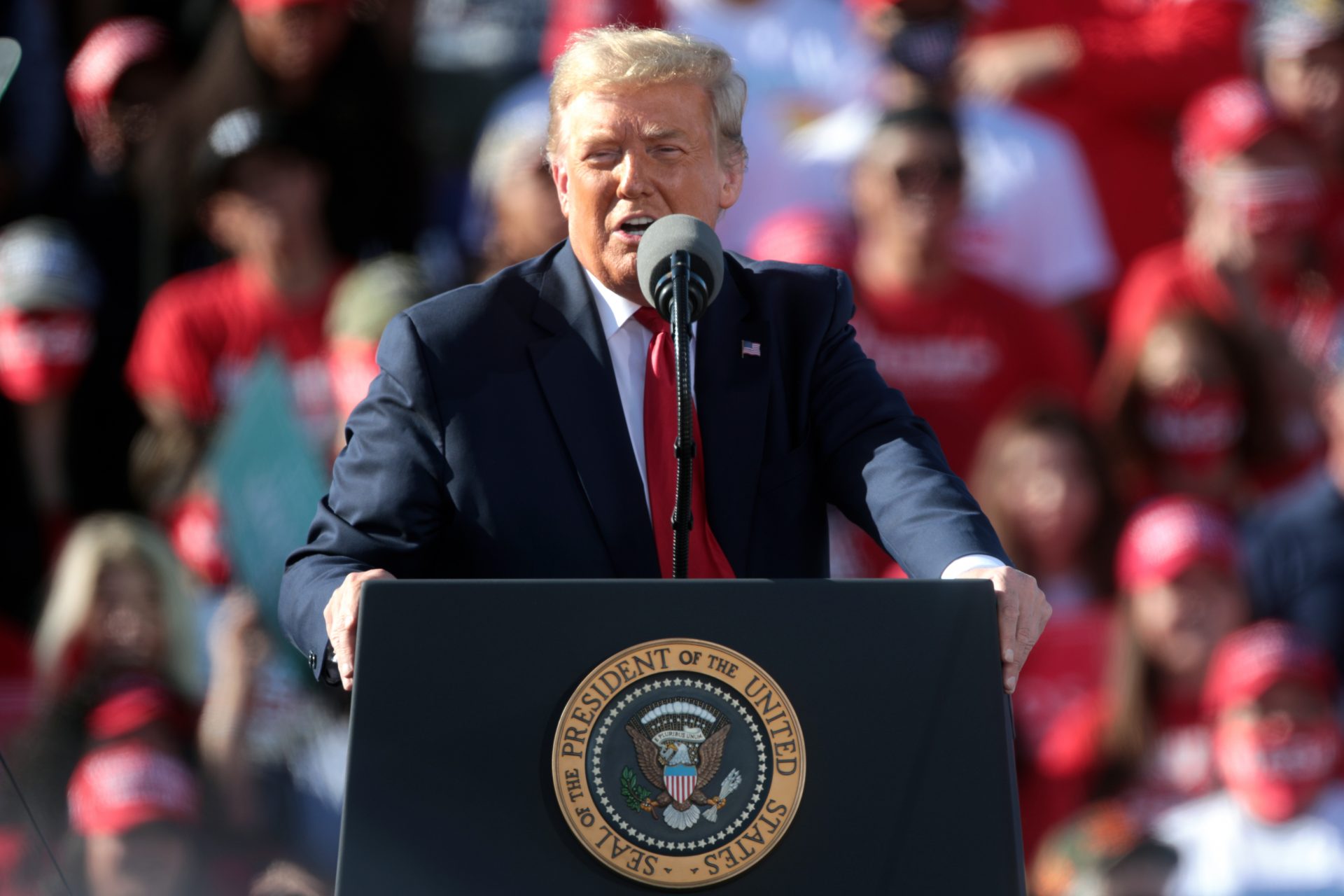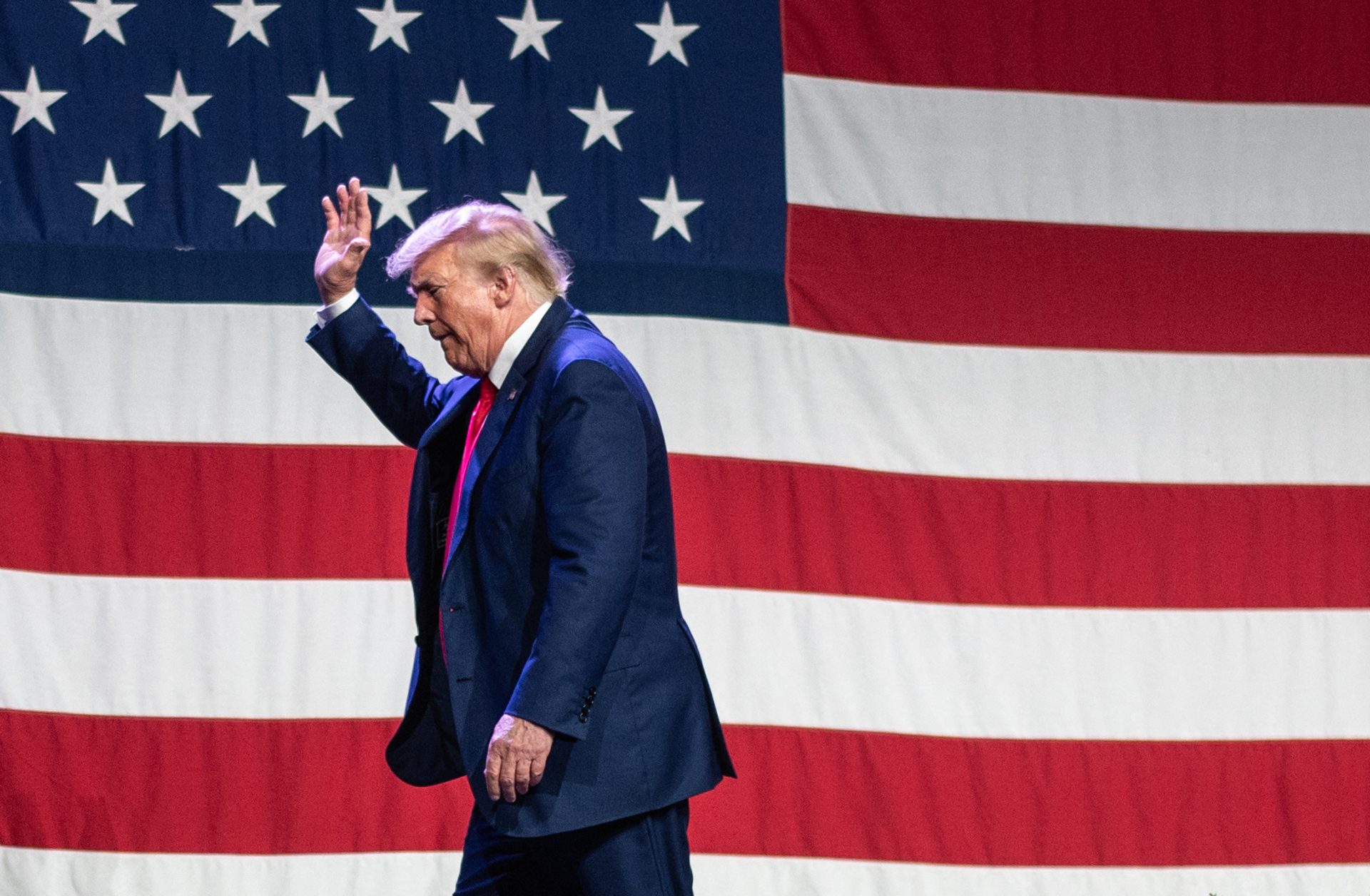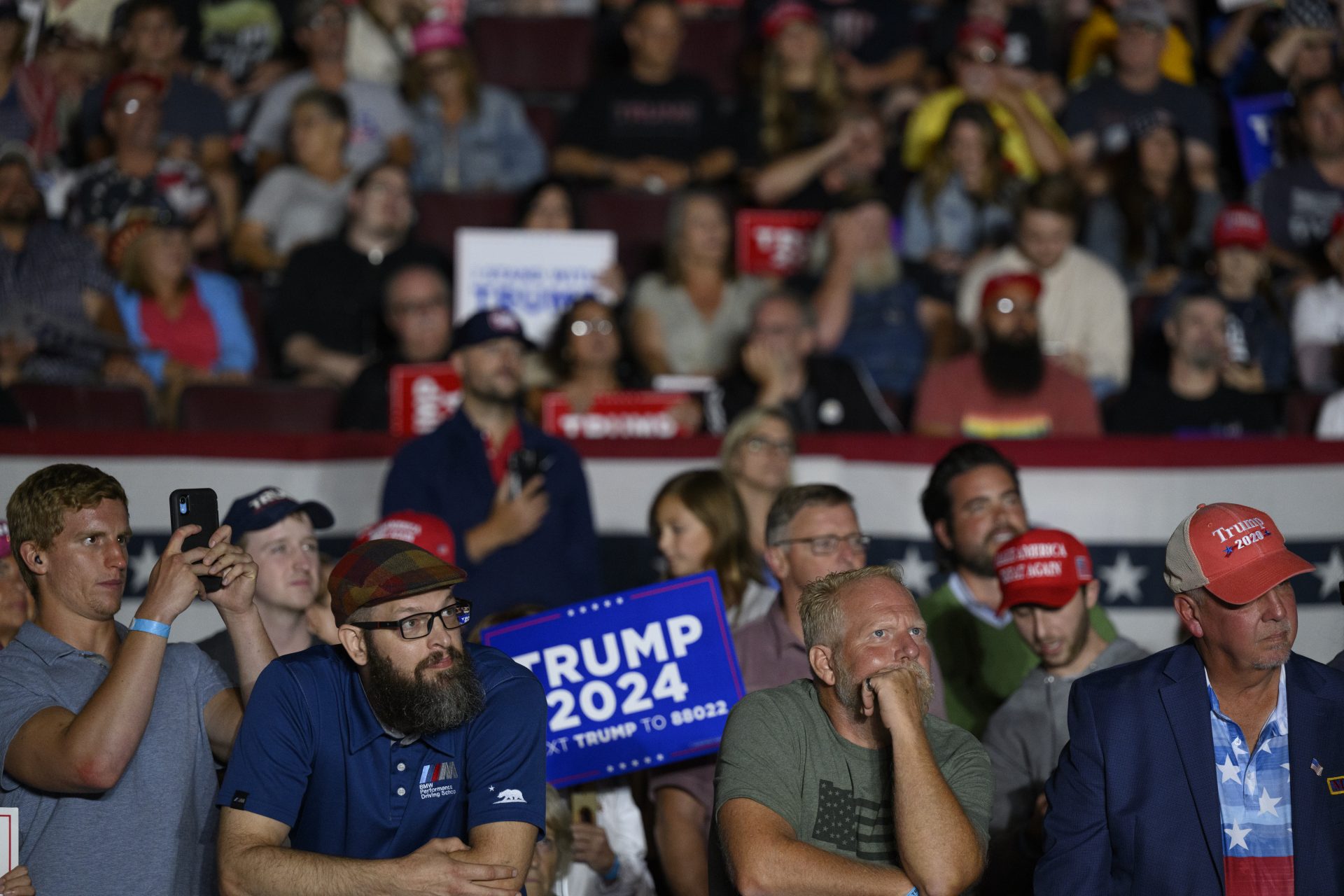Can Trump be removed from ballots? We’re about to find out
On December 19th, the Colorado Supreme Court decided that former president Donald Trump was ineligible to run for the White House again and removed him from the state’s 2024 presidential primary ballot.
The decision set off what could become one of the biggest constitutional crises that the country has ever faced because the court cited the Constitution’s insurrection clause as its reason for disqualifying Trump.
“A majority of the court holds that Trump is disqualified from holding the office of president under Section 3 of the 14th Amendment,” the court wrote in its 4-3 decision according to the Associated Press.
The court overturned a decision from a district judge that ruled Trump’s actions during January 6th incited insurrection but added that the former president couldn’t be barred from being on the ballot because the 14th Amendment's provision was unclear when it came to the presidency.
“We do not reach these conclusions lightly,” wrote the Colorado Supreme Court’s majority. “We are mindful of the magnitude and weight of the questions now before us.” The decision by the court led to lawsuits in other states.
At least thirteen states saw lawsuits attempting to ban Trump from their primary ballots according to Newsweek, including Arizona, Alaska, Nevada, New Jersey, New Mexico, New York, Oregon, South Carolina, Texas, Virginia, West Virginia, Wisconsin, and Wyoming.
Some states like Florida, Michigan, and Minnesota have dismissed those lawsuits while only Maine has also removed the former president from its primary ballots based on the argument that the Constitution’s insurrection clause disqualifies him.
However, whether or not the 14th Amendment applies to a former president and can be used to disqualify them from seeking office again has been at the heart of the problems plaguing discussion around Colorado’s decision.
“Section 3 of the 14th Amendment prohibits a former oath-taking ‘officer of the U.S.’ who ‘engaged in insurrection’ from ‘holding any office, civil or military, under the U.S.’” according to ABC News. But the clause may not apply to a former president.
The crux of the argument made by Trump’s lawyers in Colorado according to The Hill’s Ella Lee and Zach Schonfeld related to two key interpretations of the amendment. First, was the definition of what an officer of the United States.
The former president argued that he was not an officer of the US as president, and as such, his presidential oath was just a promise to support the Constitution rather than a commitment to protect and preserve it.
However, the Colorado Supreme Court ruled: “The specific language of the presidential oath does not make it anything other than an oath to support the Constitution,” and that made the issue moot for the court.
The second big issue was what an 'office' under the United States meant legally. There was no list of offices provided by those who wrote the amendment and Trump’s lawyers argued that the presidency didn’t qualify, a notion Colorado’s Supreme Court rejected.
“A conclusion that the Presidency is something other than an office ‘under’ the United States is fundamentally at odds with the idea that all government officials, including the President, serve ‘we the people,’” the majority opinion read.
“A more plausible reading of the phrase ‘under the United States’ is that the drafters meant simply to distinguish those holding federal office from those held ‘under any State,’” the majority opinion continued.
Photo Credit: Wiki Commons By Tyler Merbler CC BY 2.0
On January 3rd, Trump asked the US Supreme Court to overturn the ruling made by the Colorado Supreme Court, and on January 5th the US Supreme Court agreed to consider the case, a move that could prove disastrous for the nation regardless of the outcome.
“This ruling, issued by the Colorado Supreme Court, attacks the very heart of this nation’s democracy. It will not stand, and we trust that the Supreme Court will reverse this unconstitutional order,” Alina Habba, Trump’s legal spokesperson, said in a statement.
Trump asked the US Supreme Court to reverse the decision made in Colorado, arguing that “in the context of the history of violent American political protest, January 6 was not an insurrection and thus no justification of invoking section 3” according to the court filing quoted by CNN.
Trump’s case presents a number of “novel questions” that the US Supreme Court will need to sort out according to Melissa Quinn of CBS News, including whether or not January 6th was in fact an attempt at insurrection.
If January 6th was indeed an attempt at insurrection, the court will need to consider if Trump engaged in, a conclusion that the Colorado Supreme Court came to when it decided to remove Trump from the state’s ballots.
Photo Credit: Wiki Commons By Gage Skidmore CC BY-SA 2.0
“The court fight over Trump's eligibility for the White House sends the Supreme Court into new territory, as it has never before ruled directly on the 155-year-old provision at the center of the case, Section 3 of the 14th Amendment,” Quinn wrote.
“It also puts the nation's highest court, with a 6-3 conservative majority, in a position to potentially play a pivotal role in the 2024 election,” Quinn continued, noting the outcome could decide whether Trump’s ballot eligibility in every state.
More for you
Top Stories



